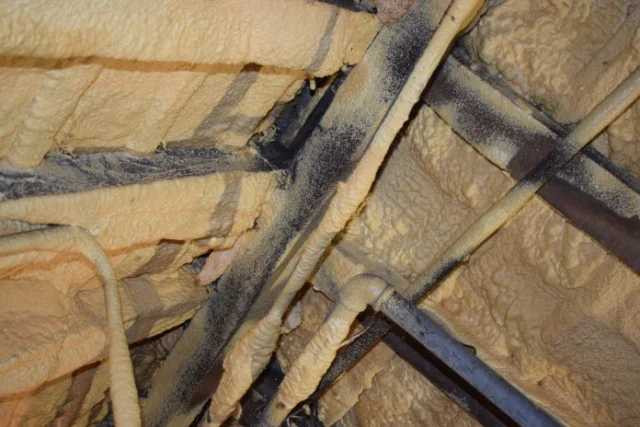The latest roofing industry survey shows firms are hampered by a labour shortage as workloads continue to rise
The roofing industry is suffering from a profound labour shortage, according to the latest State of the Roofing Industry survey from NFRC (National Federation of Roofing Contractors) and Glenigan.
The results of the survey suggest that pipelines of work have remained strong for most so far, but other factors are making it a challenge to do business.
Over half of roofing and cladding contractors found it harder to recruit suitable labour in the third quarter of 2022.
Obtaining sufficient labour was a major challenge for contractors in Q3
51 per cent of firms reported greater difficulty finding the operatives and staff with the right skills. Only nine per cent said they had found it easier than in the previous quarter.
According to the report, roof slaters and tilers proved most difficult to recruit, with 35 per cent of those surveyed saying they were finding it hard to suitable operatives with that skillset (up eight per cent from Q2).
23 per cent reported difficulty finding built-up felt roofers, and 20 per cent had the same difficulty with general labourers. One respondent said that if they had enough staff, their firm would be able to double its current output.
Almost a third (32 per cent) said they had trouble retaining new starters, mostly in the new build and domestic repair, maintenance and improvement sectors.
Supply chain issues continued to impact costs
As expected, material prices continued to rise, with three quarters of firms (75 per cent) reporting seeing costs rise compared to the previous quarter.
The availability of materials continued to be a challenge, with a balance of 21 per cent of firms reporting increased difficulty in obtaining the necessary supplies. Concrete roof tiles proved hardest to obtain, with 24 per cent of firms reporting an issue getting what they needed.
Nine per cent of firms reported that it was difficult to obtain the necessary timber battens. There have also been anecdotal reports of fake or non-compliant battens entering the market.
Such pressures led to a majority of firms (a balance of 52 per cent of firms) increasing their tender prices during the quarter.
Labour costs were an additional challenge during the quarter—far more firms reported an increased wage bill than reported taking on more people, even including those who reported increased use of sub-contracted labour.
Market outlook was positive, despite the roofing industry labour shortage
The survey indicated that roofing contractors’ workloads grew once again during the third quarter of 2022. 44 per cent of firms reported a greater workload compared to the previous quarter, with only twelve per cent reporting a decline. Enquiries were down for firms in most sectors, but contractors were positive about the market in the short-term.
However, late payments also remained common: 54 per cent of firms had average contractual payment terms of 30 days or less, but only 21 per cent firms actually received payments on average within that time.
This can hamper cashflow for firms, who already face the challenge of having monies held in retention on top of general inflationary pressures.
James Talman, NFRC CEO, reflected on the results: ‘On the whole, the third quarter of 2022 presents a mixed picture—cost inflation, project delays and labour challenges are putting pressure on firms, yet firms are still busy, and material availability issues have eased considerably compared to a year ago.
‘Government needs to provide contractors with reassurance that they will help businesses to carry the burden of increased energy costs, and invest in training the next generation of the construction workforce so that firms are not continually hampered by a lack of operatives. It also needs to look at removing barriers to cashflow (including retentions), and all firms need to be pushed to deliver on implementing Build UK’s minimum retention standards—pledges alone will not keep SMEs afloat.
‘Firms should take up the opportunities available to recruit and retain new talent and grow their workforce. The ECO project, for example, allows NFRC to offer support to firms in England or Scotland to recruit and retain a new starter, supporting them comprehensively through the first six months, via funding from CITB. I would also encourage NFRC Members to consider making grant applications to the NFRC Charitable Trust Inclusion Fund programme, aimed at engaging talented people from diverse backgrounds into our industry.



